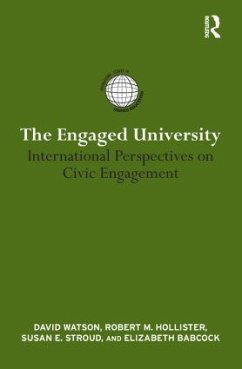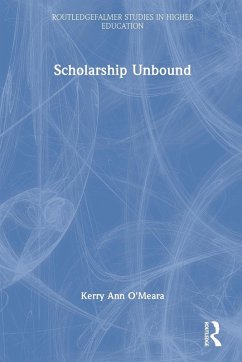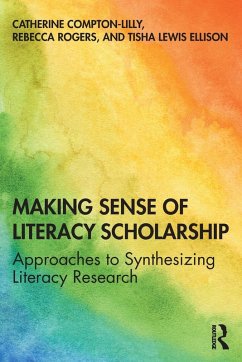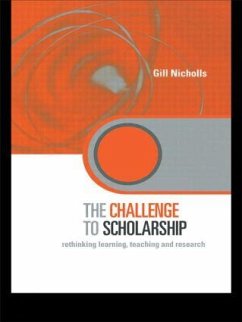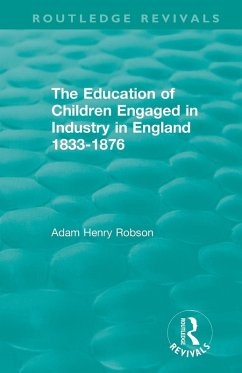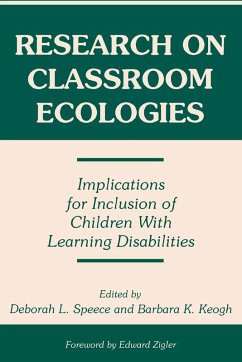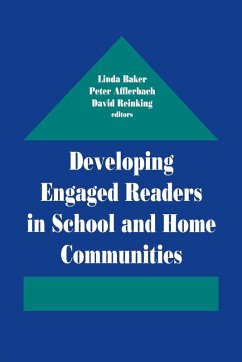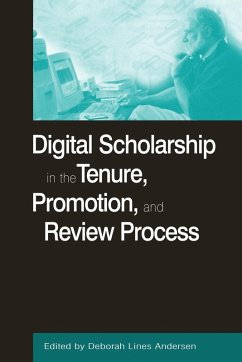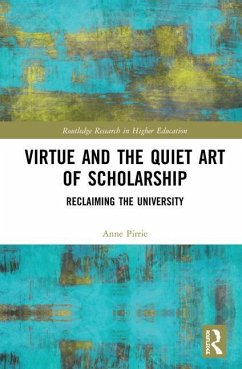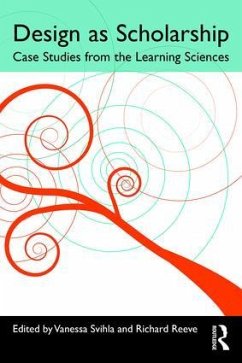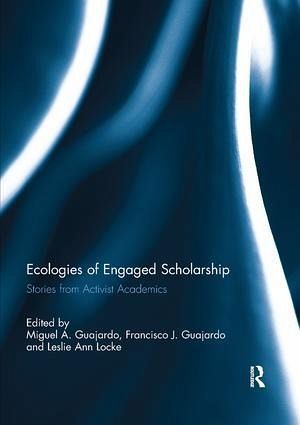
Ecologies of Engaged Scholarship
Stories from Activist Academics
Herausgeber: Guajardo, Miguel A.; Locke, Leslie Ann; Guajardo, Francisco J.

PAYBACK Punkte
19 °P sammeln!
Story and auto-ethnography are study methods based on decolonizing and liberating research perspectives. Stories, auto-ethnographies, and other qualitative methodologies enable the researcher/educator to be both a research instrument and an object in their study. Stories allow for the examination of personal growth, its effect on practice, and their impact on community. The researcher/educator is able to witness her/his own life as they collaborate with participants. Through the use of story, auto-ethnography, and other qualitative methodologies, researchers/educators can link the history of s...
Story and auto-ethnography are study methods based on decolonizing and liberating research perspectives. Stories, auto-ethnographies, and other qualitative methodologies enable the researcher/educator to be both a research instrument and an object in their study. Stories allow for the examination of personal growth, its effect on practice, and their impact on community. The researcher/educator is able to witness her/his own life as they collaborate with participants. Through the use of story, auto-ethnography, and other qualitative methodologies, researchers/educators can link the history of self within their community/activist work to its present conditions as they map their collective community's future. Ecologies of Engaged Scholarship explores the use of story and auto-ethnography as a tool to know 'self' and 'other' in relationship to capacity building, pedagogical processes, and activist scholarship. It highlights activist-scholarship to better understand the epistemology and landscape of activist research. Contributors to the book self-identify as activist-scholars or scholar-activists, and in their unique chapters they consider the values informing their work, the origins and nature of their work, and how they make meaning of their work. They also consider how family and/or community has been involved, how previous schooling experiences have affected their trajectory, and how particular relationships have worked to influence their philosophical understanding. This book was originally published as a special issue of the International Journal of Qualitative Studies in Education.





